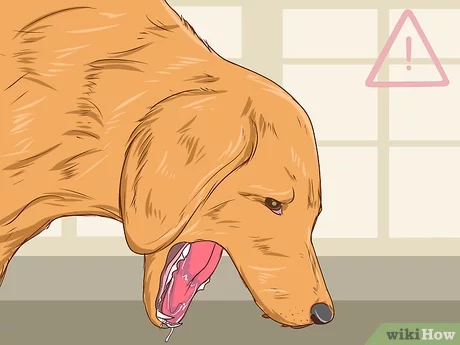Can Dogs Take Human Vitamins
Dogs are loyal companions that bring joy and love to their owners. As pet parents, we want nothing but the best for our furry friends, including their health. We know that taking vitamins can be beneficial for humans, but can dogs take human vitamins too?
The short answer is no. While some human vitamins may provide benefits to dogs, it’s essential to understand that dogs have different nutritional needs than humans. Giving your dog human vitamins without consulting with a veterinarian can do more harm than good.
Let’s dive deeper into the world of dog nutrition and explore why giving your dog human vitamins may not be the best idea.
Understanding Dog Nutrition
Before we can discuss whether dogs can take human vitamins, it’s crucial to understand dog nutrition. Dogs are omnivores, meaning they require a combination of animal and plant-based nutrients in their diet.
Protein is the most crucial nutrient for dogs as it provides the building blocks for muscle growth and repair. Carbohydrates and fats also play an essential role in providing energy and aiding in digestion.
However, dogs require specific vitamins and minerals to maintain optimal health. These include:
– Vitamin A: Essential for vision, skin health, and immune system function.
– Vitamin D: Necessary for bone growth and development.
– Vitamin E: An antioxidant that helps protect cells from damage.
– Vitamin K: Essential for blood clotting.
– B-complex vitamins: Includes thiamine, riboflavin, niacin, pyridoxine, folic acid, and cobalamin. These are necessary for various bodily functions such as metabolism, energy production, red blood cell formation, and nervous system function.
– Calcium: Crucial for bone growth and development.
– Phosphorus: Works with calcium to maintain healthy bones and teeth.
– Iron: Important for oxygen transport throughout the body.
It’s essential to ensure that your dog’s diet meets these nutritional requirements. Feeding your dog a balanced, high-quality diet specifically formulated for their life stage and health needs is the best way to ensure they receive the necessary vitamins and minerals.
Can Dogs Take Human Vitamins?
While some human vitamins may provide benefits to dogs, it’s essential to understand that dogs have different nutritional needs than humans. Giving your dog human vitamins without consulting with a veterinarian can do more harm than good.
The main issue with giving your dog human vitamins is that they may contain levels of nutrients that are too high for dogs. For example, human multivitamins often contain high levels of vitamin A, which can be toxic to dogs in large amounts.
Additionally, some human vitamins may not be absorbed or utilized by dogs in the same way as humans. For example, vitamin C is an essential nutrient for humans but is produced naturally by dogs’ bodies. Therefore, supplementing with vitamin C may not provide any additional benefits to your dog.
It’s also important to consider how the vitamins are administered. Many human vitamins come in pill form, which can be challenging to administer to dogs. Crushing pills or opening capsules can alter the absorption rate and effectiveness of the vitamins.
Overall, while some human vitamins may provide benefits to dogs, it’s crucial to consult with a veterinarian before administering them. Your vet can recommend specific vitamins and dosages based on your dog’s individual needs.
Alternatives to Human Vitamins
If you’re concerned about your dog’s nutrition or think they may need additional vitamins or minerals, there are alternatives to human vitamins.
One option is to look for dog-specific supplements that provide targeted nutrition based on your dog’s specific needs. For example, joint supplements containing glucosamine and chondroitin can help support joint health in senior dogs.
Another option is to add fresh fruits and vegetables to your dog’s diet. Many fruits and vegetables provide essential nutrients such as vitamin C, fiber, and antioxidants. However, it’s crucial to research which fruits and vegetables are safe for dogs and avoid those that are toxic.
Conclusion
In conclusion, while some human vitamins may provide benefits to dogs, it’s essential to understand that dogs have different nutritional needs than humans. Giving your dog human vitamins without consulting with a veterinarian can do more harm than good.
Feeding your dog a balanced, high-quality diet specifically formulated for their life stage and health needs is the best way to ensure they receive the necessary vitamins and minerals. If you’re concerned about your dog’s nutrition or think they may need additional supplements, consult with a veterinarian who can recommend specific vitamins and dosages based on your dog’s individual needs.
Remember, when it comes to your furry friend’s health, always err on the side of caution. Your dog’s well-being should always come first.



